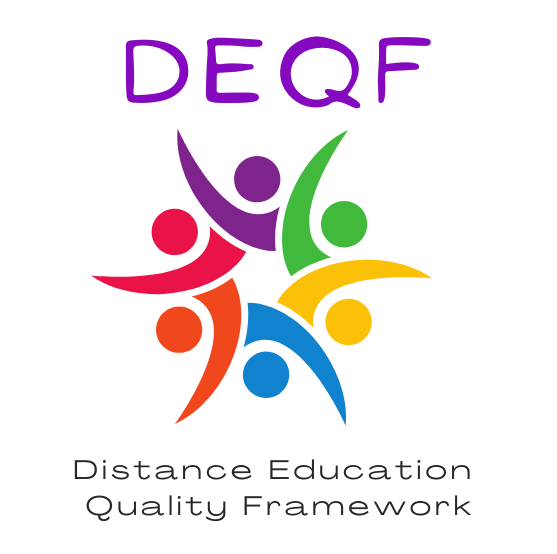
DEQF
Distance Education Quality Framework
DEQF focuses on distance learning, an approach widely used during last years due to the global Covid-19 pandemic.
THE PROJECT
Many teachers and trainers both in the cVΕΤand iVET fields (technical and professional institutes, but not only) were caught unprepared to deal with the new emergency challenge, often using the same methods (mainly of transmissive type) used in face-to-face classes. At an Italian level, the Abruzzo Regional Education Authority submitted a qualitative survey to secondary school students of the Region. It was developed by a joint committee composed of the above-mentioned Regional Education Authority and the Regional Order of Psychologists to investigate the perception that students have of distance learning. The Distance Learning methodology is a valuable teaching and training tool that, beyond the emergency linked to the pandemic, can be exploited in many other contexts such as the following:
Secluded areas and mountain schools -
- Continuous training.
emergencies
It is not random that the European Commission recently published the new Digital Educational Plan 2021-2027 which sets out new goals for distance learning that must become more “effective, inclusive and engaging”. The project follows on from the goals set out in the new digital education plan, focusing on the centrality of the student in distance learning and the teacher seen as a guide of the processes, more precisely a facilitator and resource person. In order for the students to be able to feel like a protagonist, they will have to put Long life learning skills (key competences) into play in an active learning context with particular reference to critical thinking that the project intends to develop in a quality framework on distance learning. The framework was addressed to a target of teachers from professional schools and, in the testing phase, to students attending vocational schools (iVET) who need to develop critical thinking and digital critical thinking skills in order to be immediately ready to enter the labour market.
The Framework was developed mainly in a transversal way to the disciplines through active modes that take account of the following approaches:
The project was framed in the light of digital transformation, in the development of digital skills and key competences as well as aspiring to develop the teachers’ skills in this sector. The effects on the students due to the transformation of the teacher's approaches was tested and had an indirect impact on their employability. Another pillar of the project was been QA which took place through the development of a framework that takes into account the EQAVET cycle. This project is the natural continuation and complementary to the ongoing project called ILDE (Integrated Learning and Digital Evaluation) was presented by the same coordinator and which was involved most of the partners of the mentioned project.
OBJECTIVES
The Digital Education Plan 2021-2027 was published by the European Commission and was sated out new goals for distance education, which had to become more "effective, inclusive and engaging". The DEQF project is perfectly in line with the goals identified in the aforementioned plan, since its main objective is to put the student at the center of distance learning, while redefining the role of the teacher who would become a process guide and facilitator. In a real student-centered system, where the learning process is active and dynamic, pupils have to put into play many of their Lifelong learning skills (key competencies): for example, "critical thinking” that partners want to develop in a quality framework on Distance Education.
The framework was aimed at:
• A target of teachers working in technical and vocational schools
• Students, during the pilot activities, who are attending the same type of organizations (iVET) and who need to develop critical thinking and digital critical thinking skills in order to be immediately ready to enter the world of work.
The Framework was been mainly developed across disciplines thanks to methods based on the following approaches:
• Problem based learning,
• Inquiry based learning,
• Problem solving,
• Creativity,
• Digital critical literacy Hackathon
• Digital Debate.
The starting phase was represented by the results of the monitoring analysis carried out by USR Abruzzo in collaboration with the Regional Order of Psychologists (was involved in this proposal as an associated partner) to find out how the students of the target schools was perceived this teaching tool. This qualitative survey, revised in a transnational key, will be administered in VET schools located in the project partner countries.
PROJECT RESULTS
The project was involved the production of 3 Results:
• Qualitative-quantitative analysis on perceived quality of Distance Learning
• Design of the Toolkit containing tools and didactic approaches to make distance learning more inclusive and customized to the needs of the learners.
• Drafting the Distance Learning Quality Assurance Framework
as well as a Learning and Training Activity in Austria and a local cascade training in the country-partner.
A related final report among the classes that was used the new approaches which was been selected from the groups of students who had completed the qualitative questionnaire. The RESULTS was constituted the tangible results of the project and was been exploited through the main dissemination tools and the Multiplier Events. In addition, the project partners were planned specific activities to ensure the widest sharing of the project since the start-up phase (thematic workshops with stakeholders in M1), its enhancement through dedicated moments and widespread dissemination at the end of the project.
The first RESULT was been a quantitative-qualitative analysis on Distance Learning Perceived Quality; the second RESULT was been focused on the creation of a toolkit containing dynamic and inclusive approaches and methodologies to be used in distance learning in order to develop the students’ collaborative and critical skills as well as their own digital skills. The third RESULT was concerned a quality framework on distance learning aimed at students of VET paths starting from the first year following an increasing degree of difficulty, in the context of QA and with particular reference to the EQAVET cycle following the entire process through the phases of planning, implementation, evaluation and review. Completed the first 3 project results, the project was proceeded with the organization of an LTTA in Austria in which 3 people from the project staff for each partner was took part. The aim was to train them for the use of the toolkit and the quality of the framework on Distance Learning so that, once back in their country, they can organize the so-called Cascade Training in favor of 10 teachers for partners motivated to use project results. After the LTTA the project was continued with a long testing phase: about 200 students from the 6 partner countries chosen among those who initially took part in the initial survey was test the results. The last part of the project was the validation of the model and the comparative report to understand how DL, was reviewed according to quality criteria, improved the learning process became a useful teaching tool complementary to traditional teaching. Teachers and trainers were getting a wider and greater knowledge of validation processes and recognition of learning outcomes not only in disciplines but also in distance learning; an enhanced ability to identify, monitor and evaluate the LOs.
The main project results are the following:
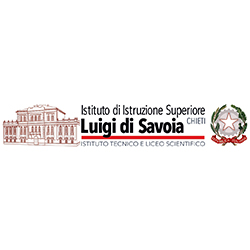
+39 871 344009
CHIS012006@istruzione.it
Contact Person: Massimiliano Cianci
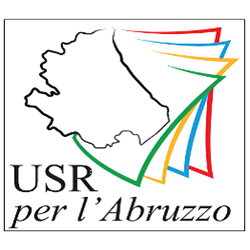
Ufficio Scolastico Regionale Abruzzo
Via dell’Arcivescovado, 8 67100 L’aquila
+390862 574201
direzione-abruzzo@istruzione.it
Contact Person: Antonella Calcagni
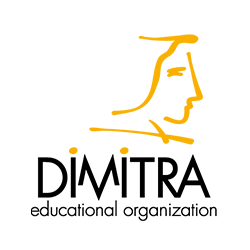
DIMITRA Education & Consulting
Palaiologou 19, 41223, Larissa, Greece
+30 2410 554026
euprojects@dimitra.gr
Contact Person: Vaso Anastasopoulou
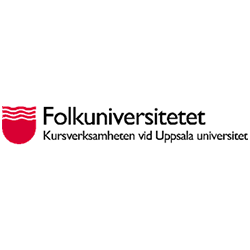
Folkuniversitet – Uppsala
BERGSBRUNNAGATAN 1, Uppsala, Sweden
+4618680000, +4618680060
ali.rashidi@folkuniversitetet.se
Contact Person: Ali Rashidi
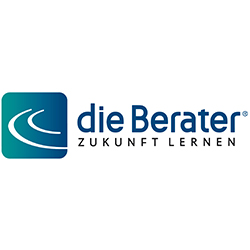
+43 1 532 45 45
f.hafner@dieberater.com
Contact Person: Felix Michael Hafner
FUNDING

